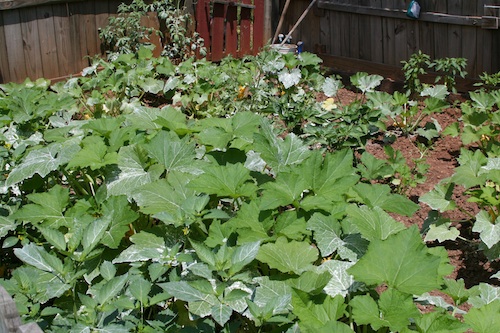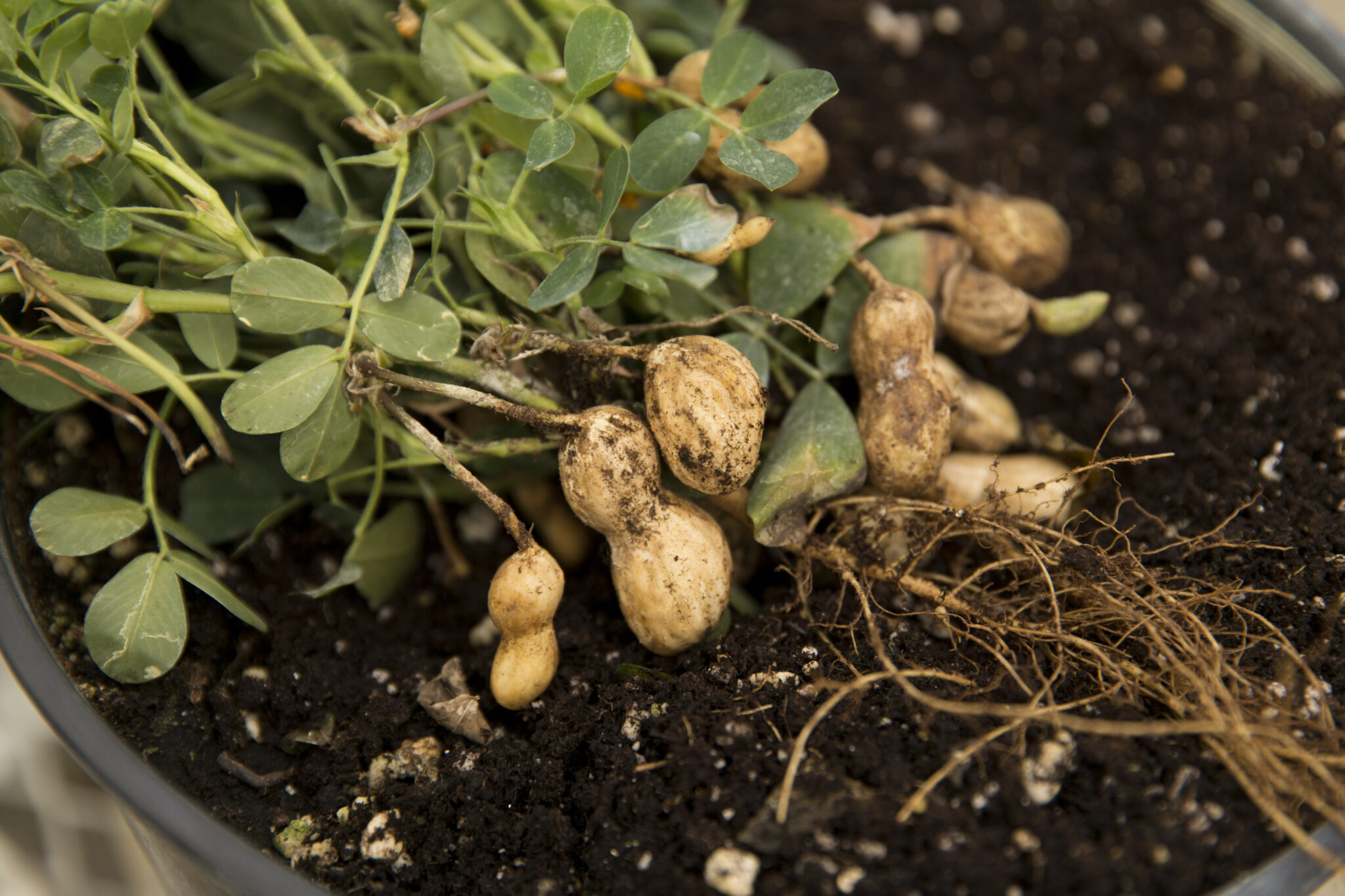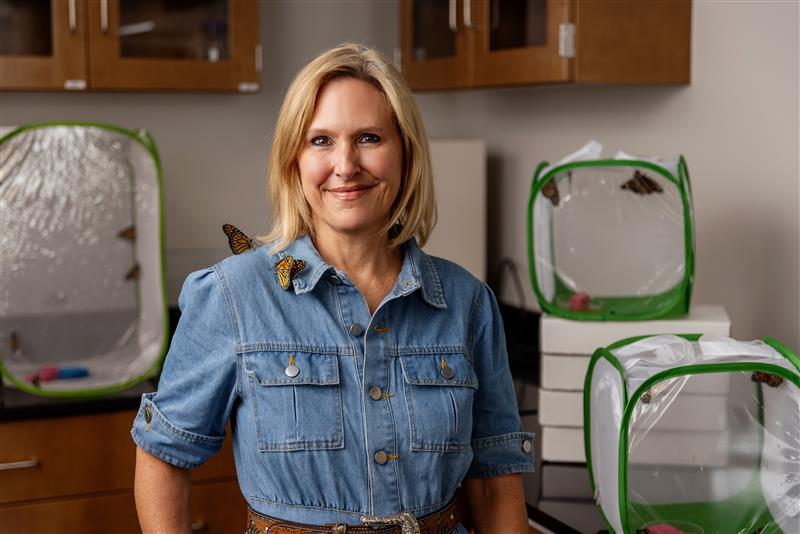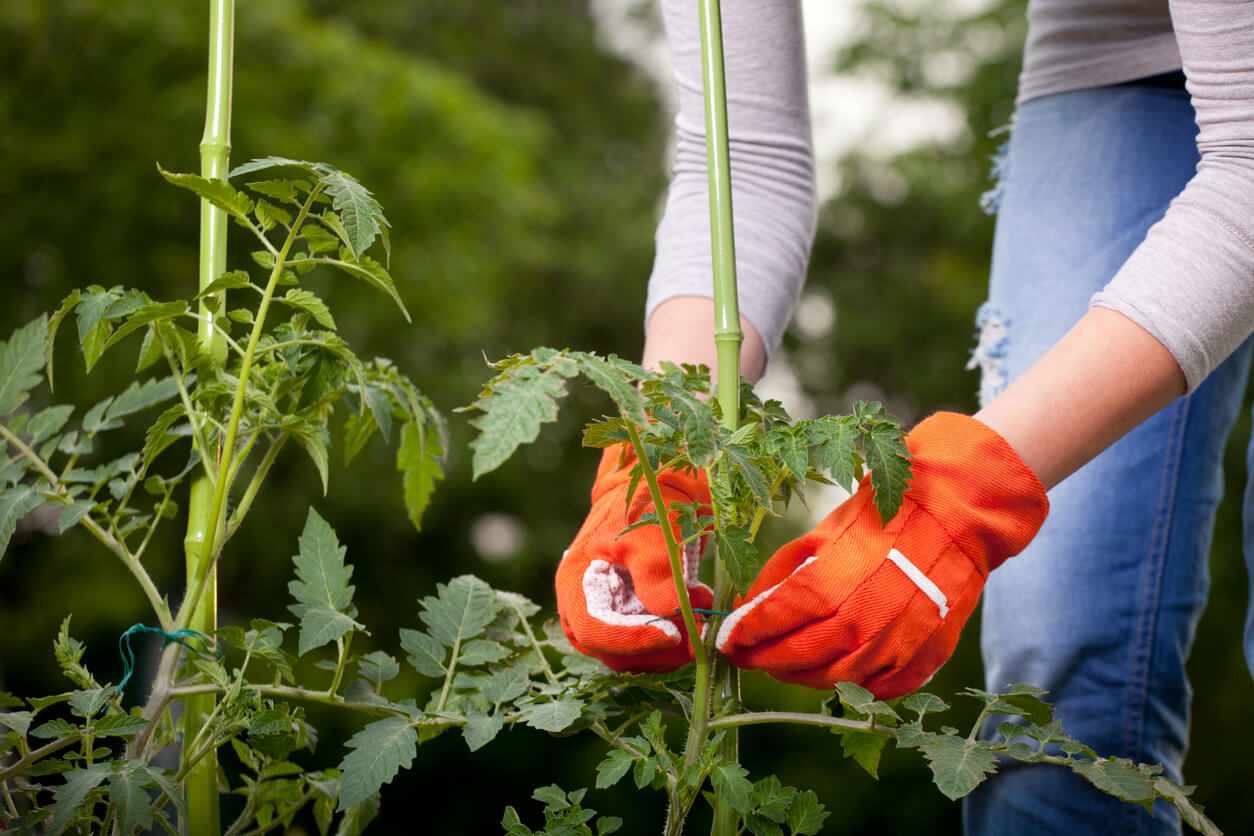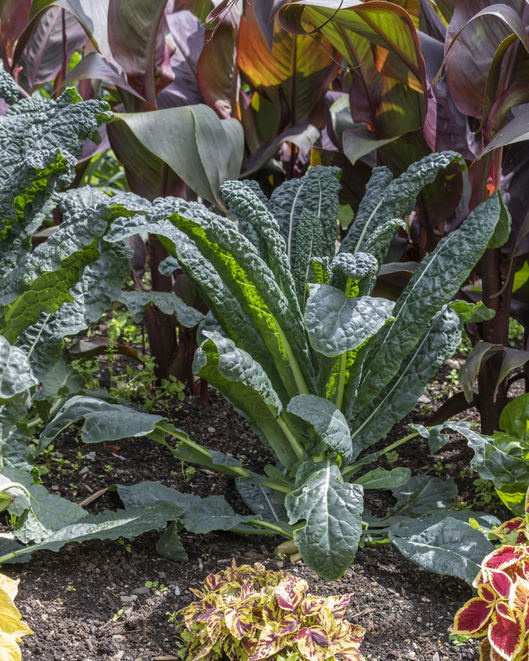When it comes to growing vegetables, sometimes having insects in the garden can be a good thing.
Some vegetable plants are self-pollinators or don’t produce fruit, but many others need bees and other insects to spread their pollen around in order to produce fruit.
Leafy vegetables don’t need bees since they don’t produce fruit, and beans and tomatoes are self-pollinating, so they don’t need any help developing fruit either.
Other plants like bell pepper and eggplant can produce fruit without bees, but gardeners will see higher yields if bees help pollinate the plants.
However, cucumber plants and their relatives – including gherkin, pumpkin, casaba, crenshaw, honeydew, cantaloupe, watermelon and all types of squash and gourds – require cross-pollination by bees and other insects before they will produce any fruit.
These plants produce separate male and female blooms on the same plant. The male blooms appear a few days before female blooms, and during unfavorable conditions, the male bloom will abort before the female bloom is pollinated.
Bloom drop commonly occurs during periods of cool weather, when the temperature dips to 55 degrees at night, and during periods of heavy rainfall. Insects typically don't pollinate during this type of weather.
Some garden centers sell products that claim to help plants hold blooms, but these products cannot always eliminate bloom drop during unfavorable weather.
For example, okra blooms not pollinated by insects must depend on self-pollination. When humidity is high, okra pollen is sticky and does not shake off easily. If okra blooms are not pollinated the same day they open, the bloom will fall off without producing an okra pod.
Plants usually stop dropping blooms when spring weather starts to warm up and conditions for bee flight improve.
Even with the perfect weather for insect flight, gardeners can accidentally sabotage their plant’s pollination plans with inappropriate pesticide use. Gardeners should also avoid spraying and dusting insecticides when bees are present and try to avoid concentrating the insecticide on the blooms of their vegetable plants. On some vegetable plants, it may be possible to completely avoid spraying the blooms.
If gardeners are noticing that many of their plants are dropping blooms even though they are seeing a lot of bee activity, the problem might have been caused by adding too much nitrogen fertilizer too early in the season.
For more tips on growing vegetables, contact your local University of Georgia Cooperative Extension office at 1-800-ASK-UGA1.

